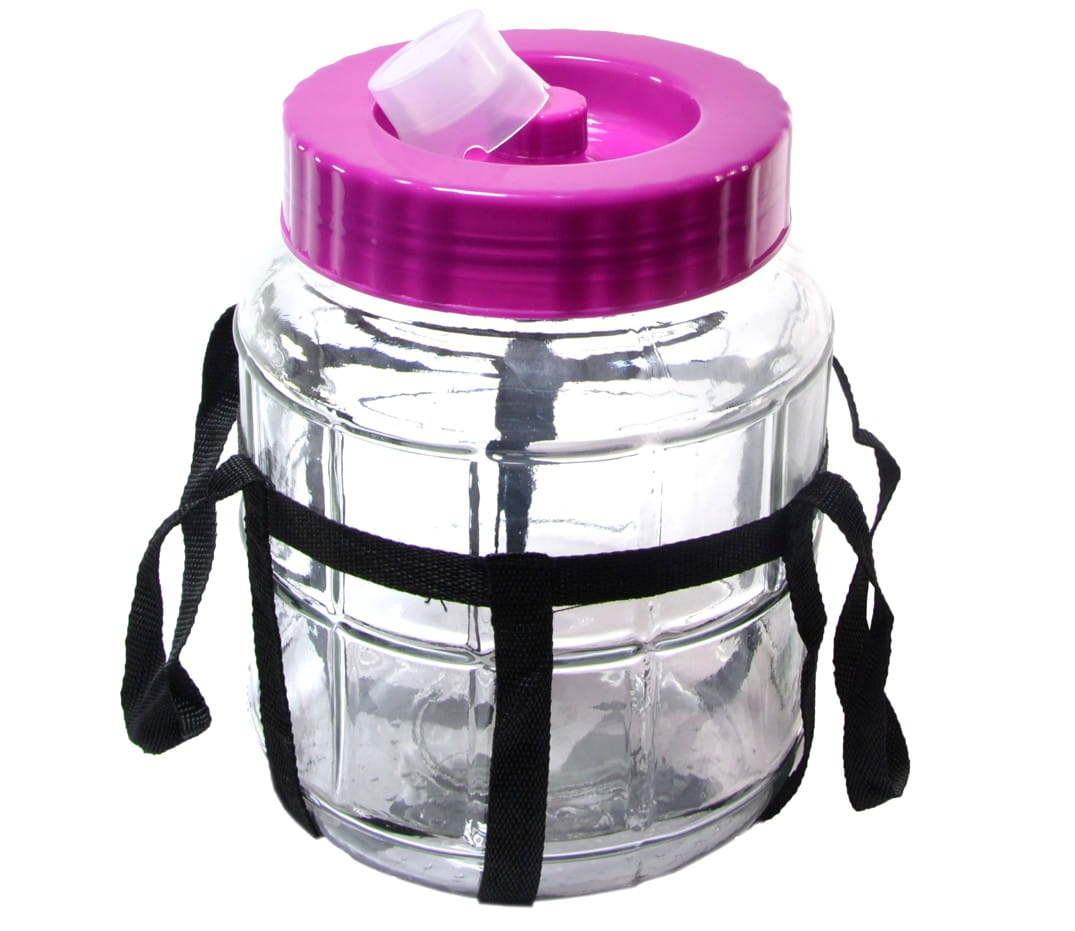B.Matraszek1993
Member
Hey,
I just started my first ever batch of cider today. I have some experience with sourdough starter for making bread, and my lesson is to never leave it out of the fridge for too long or it will go rancid. How is it not the same with apple juice? If you just left an open carton of AJ outside the fridge for three bloody weeks and came back to it, imagine what it would taste like! Gross!
I just don't seem to understand how adding yeast to the process can help any of the juice going spoiled in the first place.
Maybe you can answer this question.
Thanks,
B.
I just started my first ever batch of cider today. I have some experience with sourdough starter for making bread, and my lesson is to never leave it out of the fridge for too long or it will go rancid. How is it not the same with apple juice? If you just left an open carton of AJ outside the fridge for three bloody weeks and came back to it, imagine what it would taste like! Gross!
I just don't seem to understand how adding yeast to the process can help any of the juice going spoiled in the first place.
Maybe you can answer this question.
Thanks,
B.











































![Craft A Brew - Safale BE-256 Yeast - Fermentis - Belgian Ale Dry Yeast - For Belgian & Strong Ales - Ingredients for Home Brewing - Beer Making Supplies - [3 Pack]](https://m.media-amazon.com/images/I/51bcKEwQmWL._SL500_.jpg)














